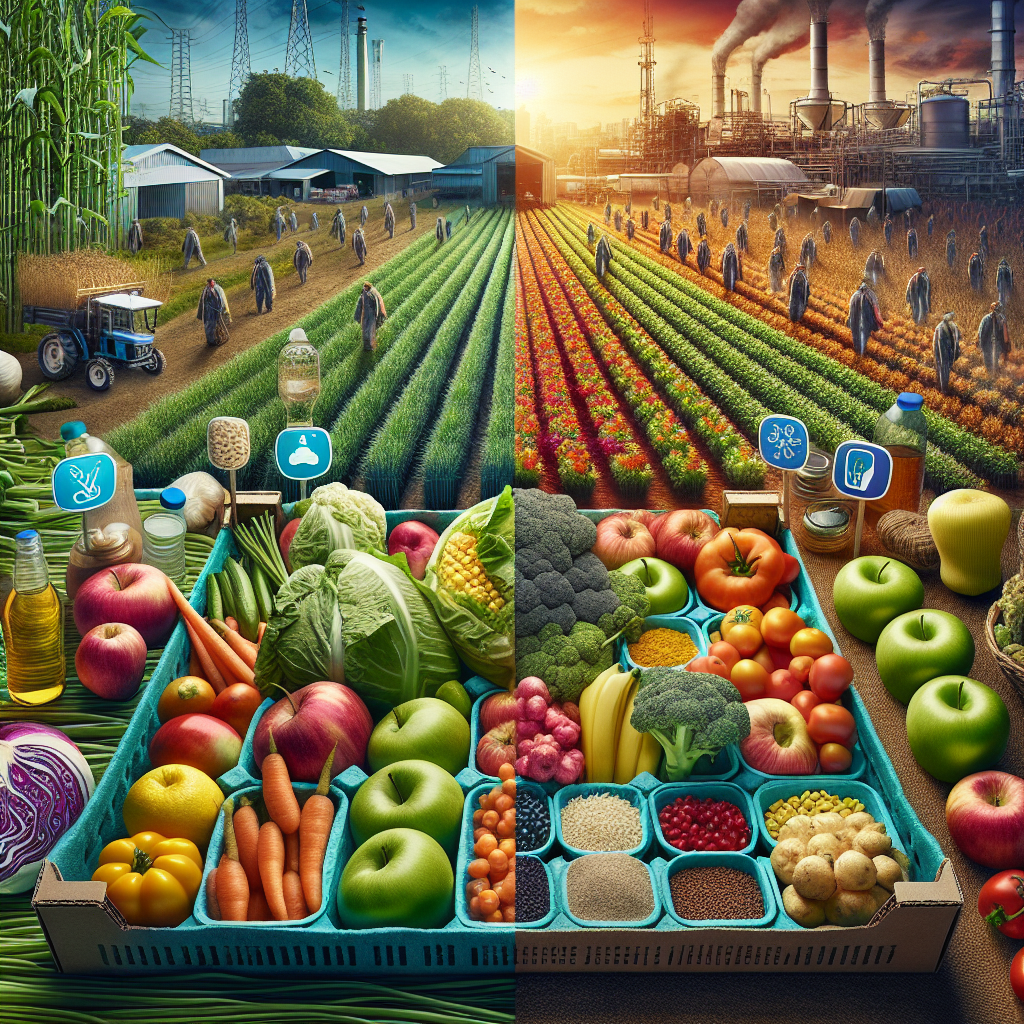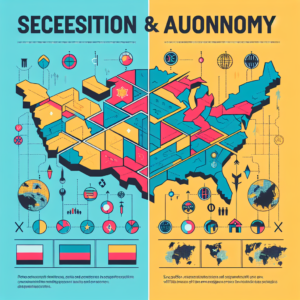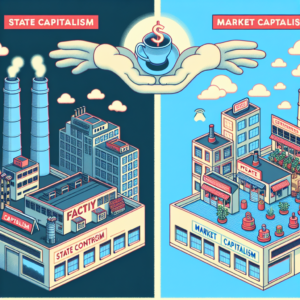Across the globe, people are becoming increasingly conscious about their health and dietary habits. One of the significant trends that have taken the world by storm is the shift towards organic food. But what exactly is the difference between organic and conventional food? And more importantly, does it matter? This article aims to unravel the mysteries surrounding organic and conventional foods and inspire a healthier lifestyle.
Unraveling the Mysteries: Organic Foods vs Conventional Foods
First and foremost, the fundamental difference between organic and conventional food lies in how they are produced. Organic foods are grown using natural farming methods that promote ecological balance and conserve biodiversity. Such methods avoid the use of synthetic pesticides, genetically modified organisms, and artificial fertilizers. On the other hand, conventional foods are produced using modern agricultural techniques that may involve artificial pesticides and fertilizers, antibiotics, growth hormones, and genetically modified organisms.
Furthermore, the handling process after harvesting also distinguishes organic food from its conventional counterpart. Organic food is processed in a manner that excludes artificial additives, preservatives, irradiation, or any other form of chemical food processing. In contrast, conventional foods often contain artificial additives and preservatives and may undergo irradiation to kill bacteria and prolong shelf life. This difference in the production and processing methods results in a significant difference in the nutrient content, taste, and quality of organic and conventional foods.
Inspiring a Healthier Lifestyle: Choose Organic, Choose Wellbeing
Choosing organic food is not just a dietary preference; it’s a lifestyle choice that embodies health and wellbeing. Organic foods are known to be more nutritious. They contain higher levels of essential vitamins, minerals, antioxidants, and beneficial enzymes. This nutrient richness stems from the soil’s health in organic farming, which is often full of beneficial microbes that help plants absorb nutrients more efficiently.
Moreover, by choosing organic, you are choosing to support sustainable farming practices that promote biodiversity, maintain soil health, and respect the earth’s natural cycles. This not only contributes to your physical health but also to your mental wellbeing as you make conscious choices that are good for you and the environment. Additionally, organic foods are free from potentially harmful pesticides, antibiotics, hormones, and GMOs, thereby reducing your exposure to these substances.
Summary
In conclusion, the choice between organic and conventional food is a personal one. However, understanding the differences can help you make an informed decision. Opting for organic foods offers numerous benefits, not only for your health but also for the environment. By choosing organic, you can contribute to your wellbeing and make a positive impact on the world. So, choose organic, choose wellbeing, and inspire a healthier lifestyle.
Check out What is the Difference? Home Schooling vs. Public Schooling and this one as well.












